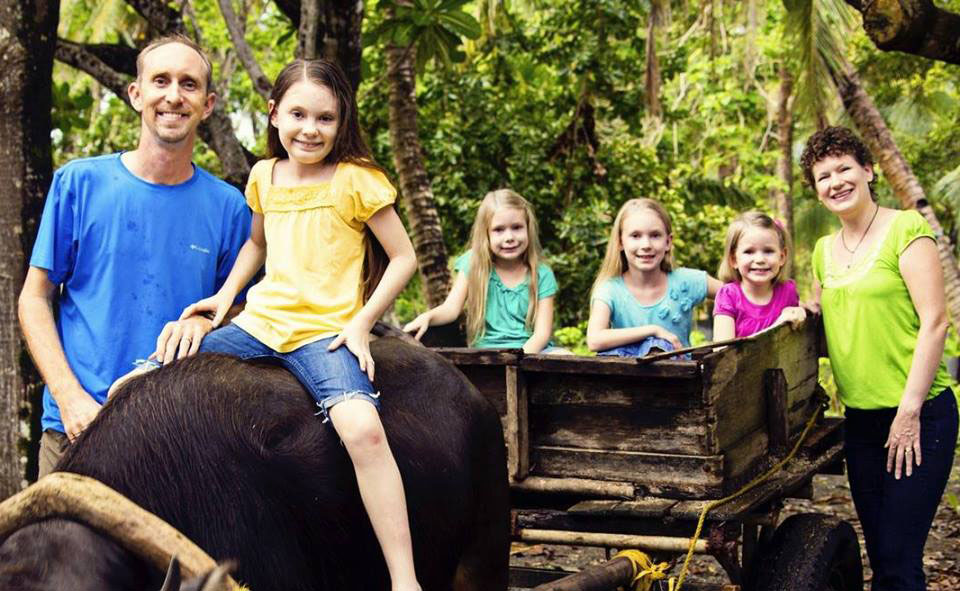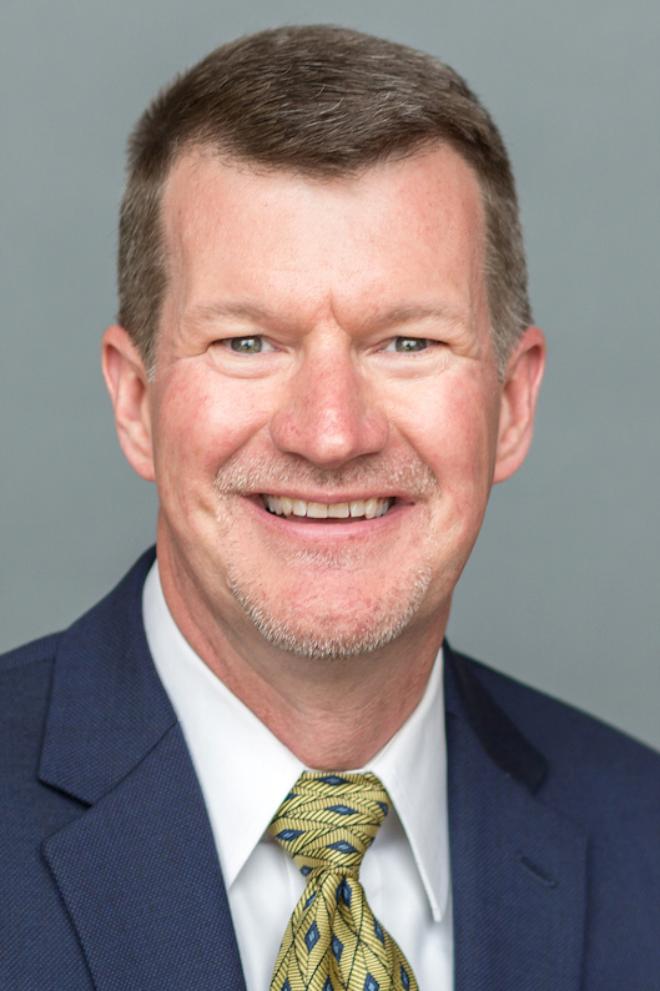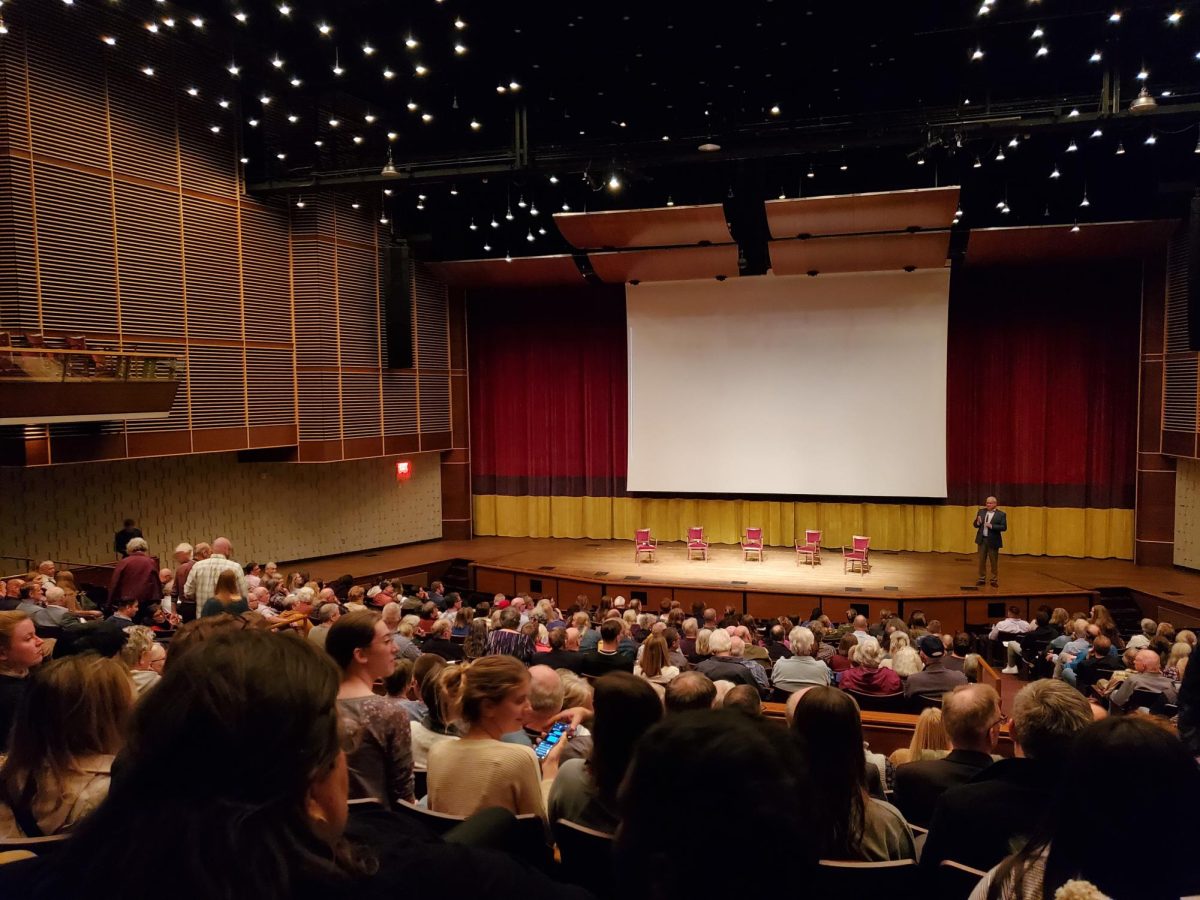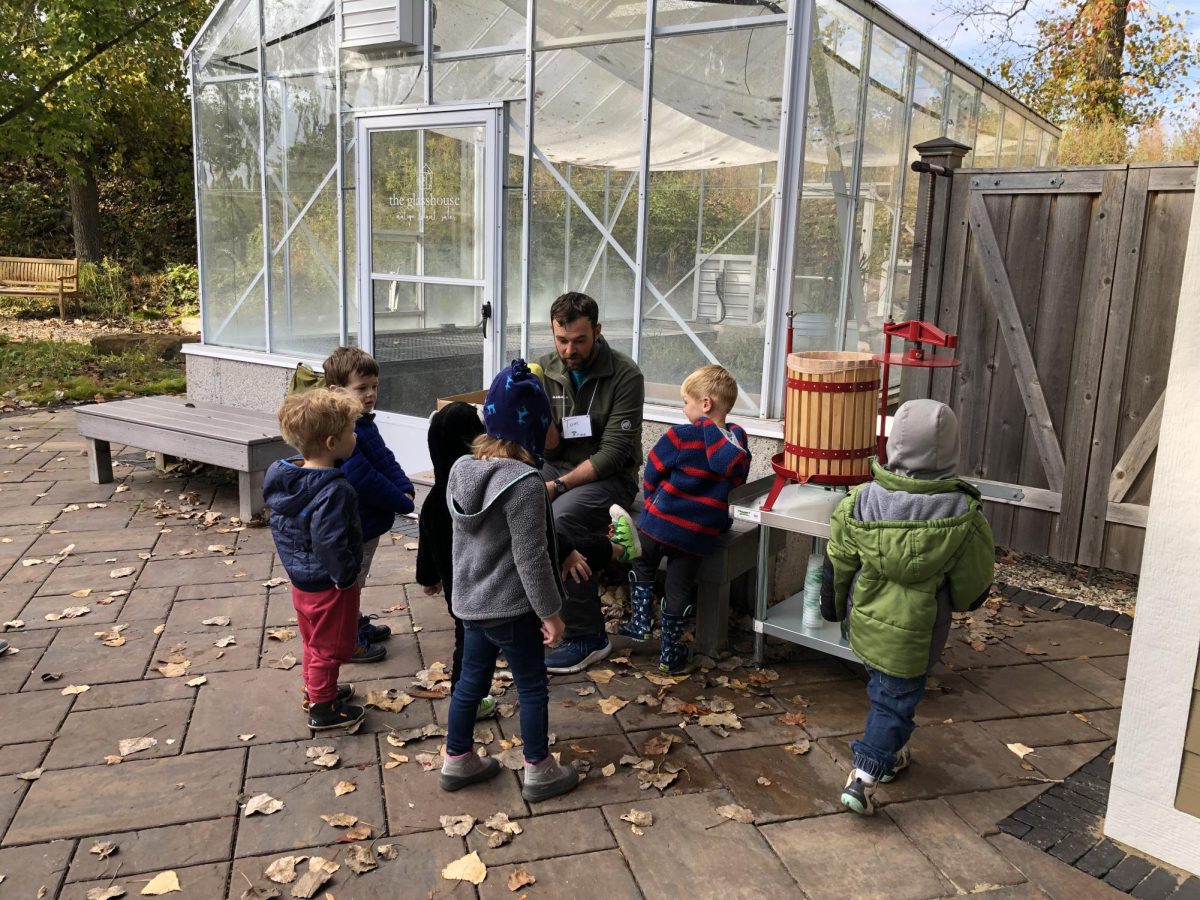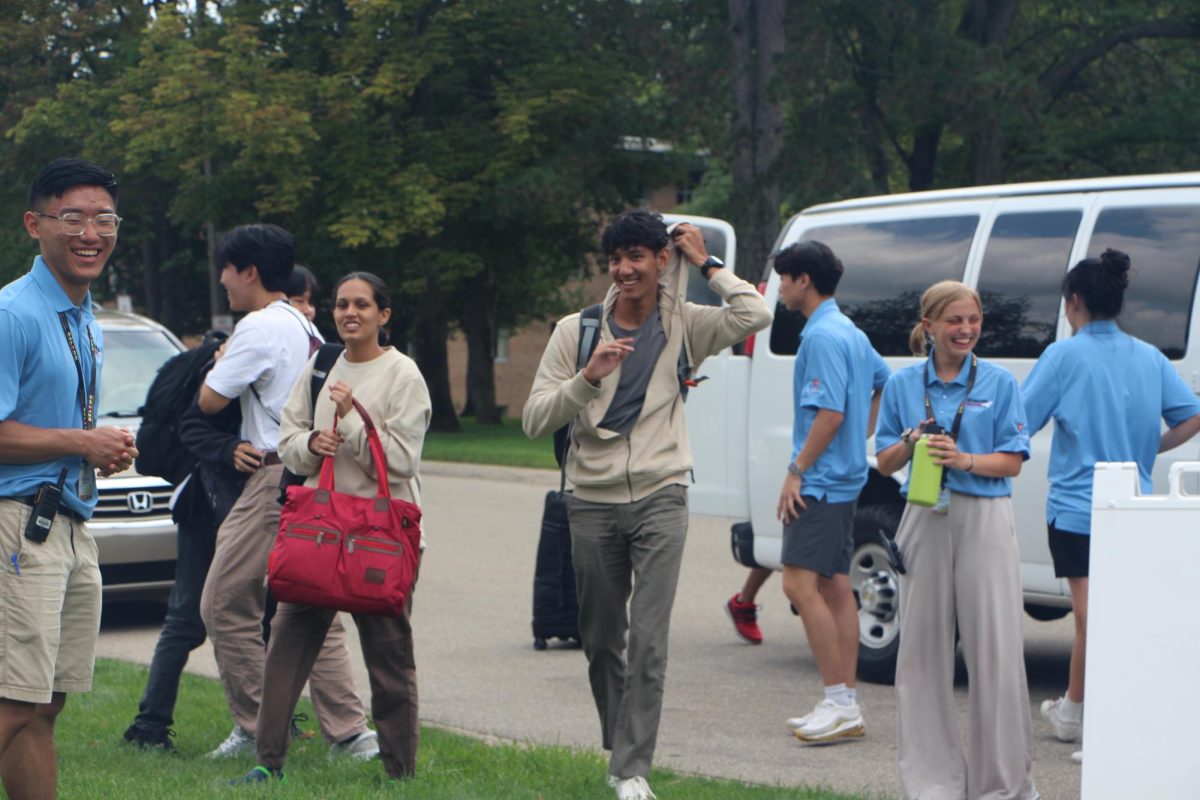Calvin’s student body is a diverse one, including a large group of missionary kids. Being a missionary kid comes with many challenges and opportunities. Kristin Buursma, a Calvin alumna and current missionary in the Philippines, said she and her husband first sent their four girls, currently in kindergarten, second, fourth and sixth grade, to the local school. However, challenges came with the local school, she said. “The level of instruction was very poor, but the expectations were very high. Creativity was not encouraged, but rather rote learning (editor’s note: a mode of learning that stresses memorization). There was a lot of copying notes off the board without much teaching. And our daughter was withering under the ranking system here, where they publicly post your ranking in your class, starting around age four or five. It was so much pressure.”
Buursma is now homeschooling her two oldest daughters. She said that in the future she and her husband will have to decide if they will continue to homeschool their children or send them to a boarding school in Manila, the capital of the Philippines. “It will be very difficult to let our kids leave home as high school freshmen,” she said. “But on the other hand, if we keep them home for high school, they will miss out on a lot of social interaction, and it will be an enormous transition for them if, or when, they move to the USA to attend college.”
While they “definitely miss the education opportunities and activities that are available in the United States,” there are positives about being educated in the Philippines too. “They have really broadened their horizons,” Buursma said. “They are a minority, in the extreme, and they go to school with kids who are very different from them. They’ve seen other ways of living, as well as extreme poverty, and I think those things will help them as they grow up.”
College is still pretty far away for her four girls, but Buursma thinks their “kids probably will go to college in the USA. At that point, they will benefit from some time in their passport culture, and a degree from the USA will open many more doors for them than a degree from the Philippines.”
So what does it look like for a missionary kid here at Calvin? BoAh Jung, a first year engineering student, who is from Korea but grew up as a missionary kid in Cambodia, said, “Calvin is so welcoming to international students, and there are a lot of international students.” She has had some culture shocks, though. She said she was surprised because “Americans are really independent and so direct.” She said, “If you just want something, you say you want it. In other cultures they tend to think of other’s feelings. You guys do too, but then you are more direct.”
Juli Roth, a first-year student studying business, who grew up as a missionary kid in Mexico, said, “I absolutely love Calvin. I feel at home, and I like that there are a lot of other missionary kids on campus, so I feel like there are other people like me. … It’s a very comfortable place.”
Growing up as a missionary kid has come with some challenges for Roth. Calvin is her eighth institution, so “it was hard to build a community because I would move so often … I’ve been the new girl a lot … I think that’s kind of affected the way I relate to people now,” she said. “It’s hard for me to build deep relationships because I feel like they’re not going to last, but it’s something … I want to pursue and work more on building deeper relationships.” Still, she said she’s “had a pretty normal life,” saying she “connected with most of the kids there, the students, I felt like I was part of them. But my family was American, so I kind of had an American life at home and a Mexican life outside of that.”
Roth said, “I’ve had to do a lot of the things on my own, like I did the whole application for colleges on my own, I did my vaccines, I took care of getting my driver’s license. Because of my background it’s easier for me to live on my own now.” When asked about homesickness, she said, “When I moved from home — I lived for two years when I was in highschool away from home — that’s when I struggled a lot with homesickness.” Today, she said, “I can handle it better; I think I’m not as affected by it as people who grew up in the United States, since they’re just leaving home and I left home two years ago.”
Where does a missionary kid consider home? Jung said, “I consider Cambodia as my home, because I grew up there.”
Roth, on the other hand, said, “I honestly don’t know. … I guess I would identify home with Mexico more than the United States, because I spent 16 years there but only three years here,” she said. “But those three years are the most recent years, so I also feel at home here. It’s kind of 50/50. If I’m here, I still miss certain things from there and if I’m there I miss certain things from here. So I’m never perfectly content; I wish I could have them both together.”
Because of her background, Jung feels very equipped here at Calvin. She said, “I’m used to living in other countries, where they use other languages, and where there are people of other backgrounds.”
Roth also feels equipped here at Calvin. She said, “I’ve gone through experiences that have helped me grow up, and as a missionary kid, I’ve learned a lot about life. It gives me a bigger perspective on diversity, and how people from different places come together in one place, and I think it’s helped me become more open minded … definitely it’s equipped me in a way where my faith is stronger. There are still challenges but I feel ready to take them on.”




